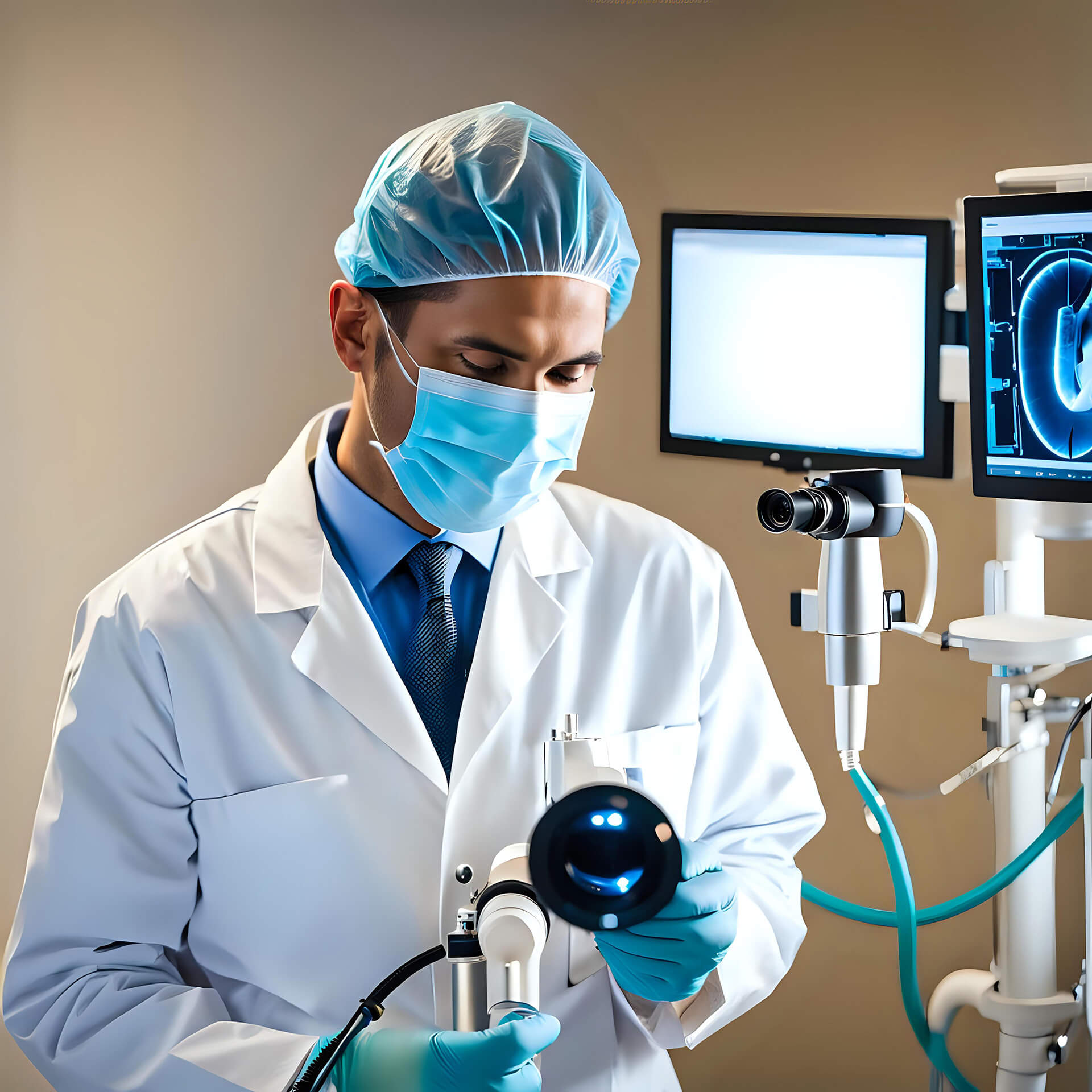In the fight against colorectal cancer, the colonoscopy is one of the most valuable tools. Although colonoscopies only need to be performed every once in a while, they prove to be extremely useful for detecting and preventing colon cancer. Colonoscopies, unfortunately, carry a bit of a social stigma for being embarrassing or possibly painful. Many individuals who have had colonoscopies performed will attest to the fact that the procedure is largely pain-free, and the preparatory options have improved drastically in recent years as well. The doctors who perform colonoscopies at Gastroenterology Associates have years of training and experience with colonoscopies, and they treat them much like an orthopedist would an injured joint or a dermatologist would a skin condition.
Importance of a Colonoscopy
Most of the time, people with colon cancer don’t experience any symptoms. This is especially true in the early stages of the disease. At the same time, detecting the disease as soon as possible is a priority, because this reduces the chances of pre-cancerous or cancerous growths developing further and improves prognosis.
Therefore, doctors rely on timely screening to detect colon cancer early. There are three main screening tools: fecal occult blood test, sigmoidoscopy, and colonoscopy. A fecal occult blood test involves laboratory analysis of stool samples; a sigmoidoscopy allows the doctor to view the inside of the nearest part of your rectum and colon, and a colonoscopy allows the doctor to see the entire colon.
A colonoscopy is the most precise and comprehensive test. Since it lets doctors view the entire colon, the potential for detection is the highest. In addition, it’s possible to perform biopsies and remove polyps during a colonoscopy. That’s why, even if you’re getting your other recommended screenings, it’s still important to get your colonoscopy.
Who Needs Colonoscopies?
At-risk groups should get colonoscopies and other colon cancer screenings according to the recommended timelines of the American College of Gastroenterology and the American Cancer Society. Most organizations recommend the following:
- Fecal occult blood testing every year starting at age 50
- Sigmoidoscopy every 5 years starting at age 50
- Colonoscopy every 10 years starting at age 50, 45 if you are African American
- More frequent, earlier screening for people with medical conditions or a family history that increases the risk of colon cancer
Studies show that colorectal cancer rates are lower, and survival rates are higher, in populations where the majority of people undergo the recommended screenings. This fact doesn’t bode well for Louisiana residents, as we rank 46th in the nation for timely screening of at-risk groups. Further detrimental impacts to Louisianians, in terms of colon cancer risks, are our state’s high obesity rates and generally high-fat diets.
What Kind of Doctor?
Many general practitioners offer colonoscopies, sigmoidoscopies, and other types of colon cancer screening. However, the best option is to go to a board-certified gastroenterologist. There are a number of advantages to this:
- More skill in performing the procedure
- Lower margin of error in diagnosing issues
- Fewer pre-cancerous polyps overlooked
- Ability to keep going to the same doctor for treatment if any issues are detected
Baton Rouge Doctors Who Perform Colonoscopies
The team of experts at the Gastroenterology Associates would be happy to schedule your colonoscopy, as well as any necessary digestive health screenings. To schedule your consultation today reach our scheduling team for a visit to our Colon Cancer Screening clinic by calling 225.927.1190.


